Resolution #205
 |
The questions of fishing rights in Economic Exclusion Zones |
| Committee: Ecology And Environment | |
| Main Submitter: Pakistan | |
| Submitted: 02/04/2022 10:20 |
| Status |
|---|
| Passed cosubmitter sheet validation |
| Approved by approval panel |
| Selected for debate by secretariat |
| Passed by committee (Ecology And Environment) |
Committee Voting
| For: | 15 |
| Against: | 13 |
| Abstentions: | 3 |
Options
Co-submitters
 | Bahrain |
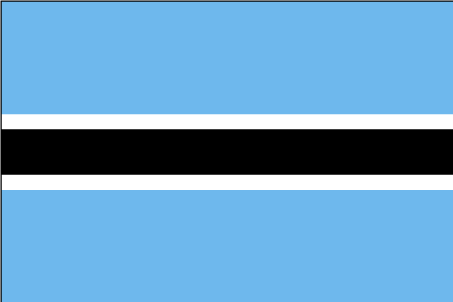 | Botswana |
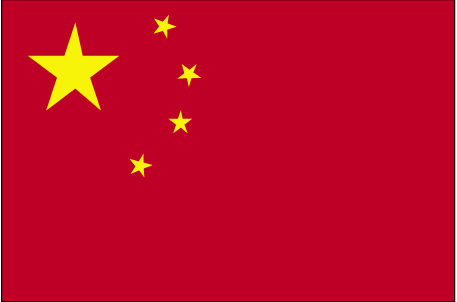 | China |
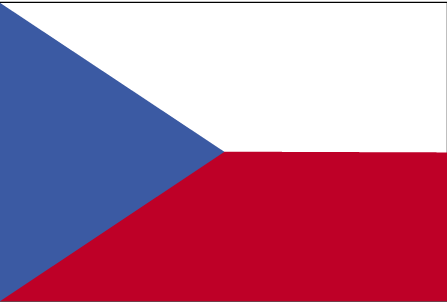 | Czech Republic |
 | Ghana |
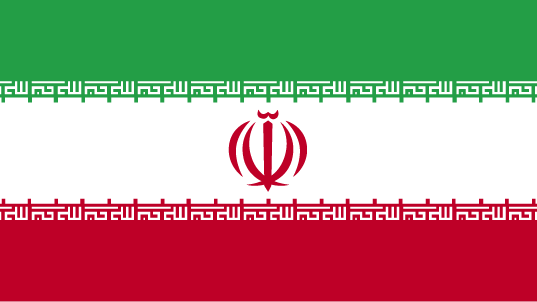 | Iran |
 | Israel |
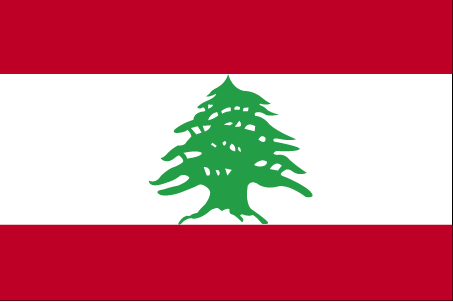 | Lebanon |
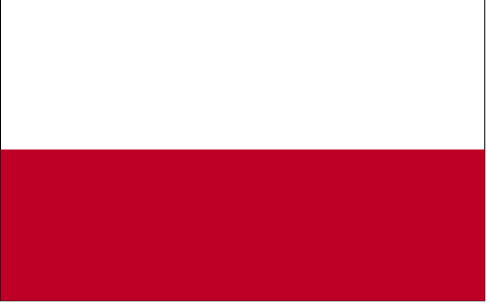 | Poland |
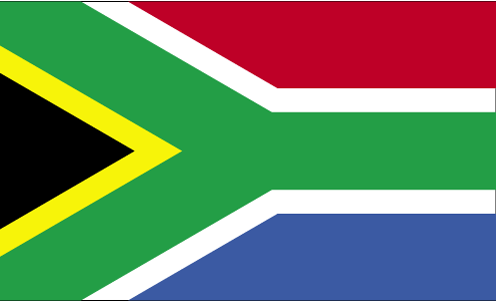 | South Africa |
Resolution
FORUM: Ecology and Environment
QUESTION OF: Fishing Rights in Economic Exclusion Zones
SUBMITTED BY: Pakistan
CO-SUBMITTED BY: Israel, Iran, Poland, Lebanon, China, Czech Republic, South Africa, Pakistan, Ghana, Bahrain, Botswana.
THE ECOLOGY AND ENVIRONMENT COMMITTEE,
Defining Economic Exclusion Zones (EEZ) as an area of sea or ocean in which a sovereign state has specific rights regarding the use of marine resources, including fishing and energy production from water and wind, an extension of 200 miles from its shore,
Emphasizing that fishing activities directly support more than 520 million people globally,
Aware that there are many conflicts between sovereign states over fishing rights,
Alarmed that 34% of the world's fish stocks are being overfished today,
Conscious that overfishing has depleted or decimated populations of fish and in doing so fundamentally altered the balance within marine ecosystems. Fisheries began by overfishing large fish species before moving onto smaller ones, depleting, and hollowing out marine ecosystems,
Acknowledges that the UN Fish Stocks Agreement from 1982 is the Agreement Relating to the Conservation and Management of Straddling Fish Stocks and Highly Migratory Fish Stocks,
Further emphasizing that illegal fishing in the Exclusive Economic Zones of developing coastal States is an urgent problem for the marine ecology and environment, global food security, and local economies,
1. Calls for the creation of a UN sub-committee the 'United Nations Fishing Supervision Committee' (UNFSC) to work in conjunction with the 'United Nations Committee on Fisheries'(UNCOFI) which;
a. implements or expands protected regions in international waters to protect and prevent further depletion of fish populations, to be overseen by the UNFSC in ways such as, but not limited to conducting annual visits in their nation to mass producers in the fishing industry to ensure they are keeping to the decided amount of fish caught,
b. creates regulations of net such as a minimum size of the gap in the nets to allow fry to swim away, introduce biodegradable nets to help prevent the pollution of the ocean;
2. Further calls for the creation of a mass media campaign using methods such as billboards, biodegradable pamphlets, radio and social media to;
a. inform citizens on the danger of overfishing and how it can lead to the extinction of species, damage to coral reefs and protected areas,
b. inform citizens of the signs of overfishing so they are a aware and can report to the designated authorities and encourage them to support local fishermen,
c. inform fishermen of the hazards fishing nets can cause, further inform of the availability of biodegradable nets while also reminding fishermen of fishing regulations,
d. educate new fisherman on the borders and where they can fish in regards to their nations laws and the punishments if they exceed the boundary;
3. Recommends the UNCLOS (United Nations Convention on the Law of the Sea) to limit harms caused by 'commercial fishing' of supertrawlers by:
a. limiting the time supertrawlers can be stationed in seas to one day and one night, before having to be removed,
b. limiting the species of fish that are allowed to be caught by supertrawlers to those that are not facing extinction and are plentiful, for instance mackerel;
4. Encourages a team of researchers led by UNFSC that will collect knowledge on the fish in each fishing zones of each member nation which will give information such as but not limited to;
a. give fishermen statistics on how many fish they can catch to prevent the extinction or endangered species and overfishing,
b. a list of endangered species that fishermen must release back if caught;
5. Proposes the reintroduction of native species conducted by the sub-committee the UNFSC to ensure the ecological aspect of the ocean will continue to develop and expand further. Such as rare and endangered species of plants and animals;
6. Further Proposes a fine on any fishing trawlers found outside their economic exclusion zone by the UNCLOS. The amount fishermen will be fined, will be based on but not limited to how far out they have come from the EEZ, how long they have been outside the EEZ, and how many fish they caught from being outside their EEZ;
7. Suggests that the individual nations EEZ, the Coastal State has:
a. sovereign rights for the purpose of exploring and exploiting, conserving and managing of natural resources, in waters beside the seabed and coastal seas and with regard to other activities for the economic exploitation and exploration of the zones,
b. jurisdiction to marine scientific research regarding protection and preservation of the marine environment;
8. Further encourages the protection and respect of culturally significant fishing practices in EEZs;
9. Asks for the supervision of EEZs through methods such as but not limited to:
a. increasing the amount of patrol vessels,
b. distributing drones along EEZs which are frequently affected by illegal, unregistered, unlicensed boats;
10. Requests the creation of a UN fund overseen by the UNFSC and financed by the International Monetary Fund (IMF) to aid in the implementation and funding for provisions outlined in this resolution.